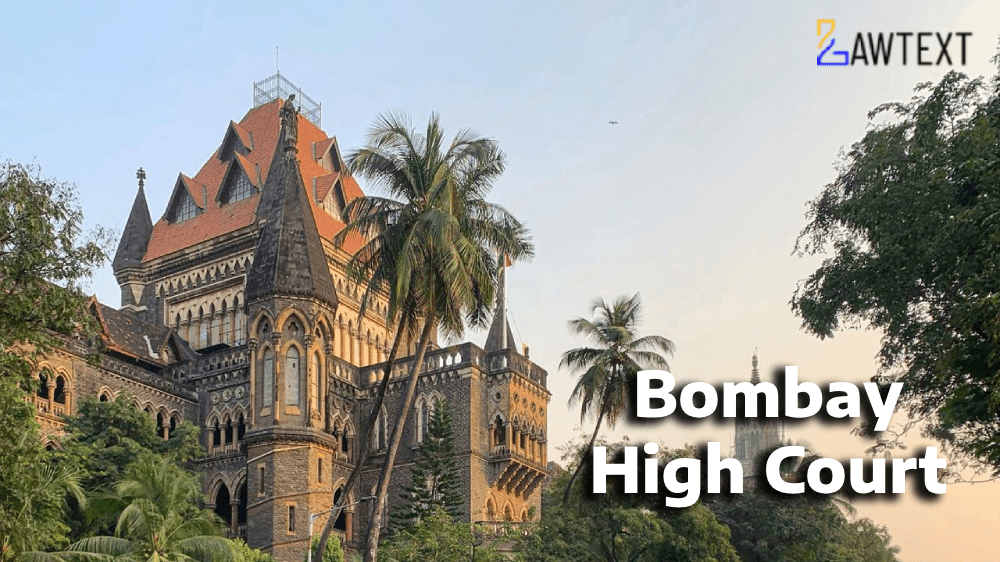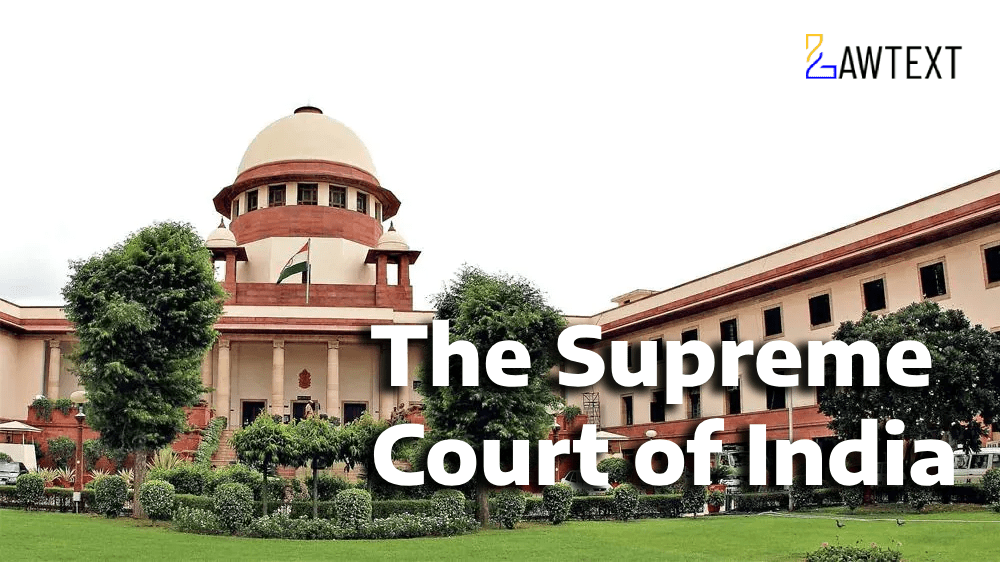Case Note & Summary
Presents two petitions challenging a search action conducted under Section 132 of the Income Tax Act, 1961. The petitioners, including a private limited company and its Chairman and Managing Director, contest the search's legality, arguing that it lacked valid grounds and violated their rights. The respondents, empowered by the Central Board of Direct Taxes (CBDT), defend their actions based on credible information and adherence to statutory procedures. The debate revolves around the sufficiency of reasons provided for the search, the disclosure of relevant documents, and compliance with legal requirements.
The court's scrutiny leads to the conclusion that the search and seizure were invalid due to insufficient grounds and non-compliance with statutory requirements. Consequently, the court quashes the actions and notices related to the search but affirms the revenue's right to use gathered information in future proceedings. The ruling also directs the return of the bank guarantee to the petitioners.
Introduction and Lead Matter:
Explanation of the two petitions stemming from the same search action, with one treated as the lead matter for convenience.Petitioners and Respondents:
Identification of petitioners, including a company and its directors, spouses, and family members. Description of respondents as the officer empowered by the CBDT to issue search authorizations.Search Authorization and Background:
Issuance of search authorizations by Respondent No.1 based on information regarding undisclosed assets. Conduct of the search at various premises belonging to the petitioners.Petitioners' Allegations:
Argument by petitioners that the search lacked valid grounds and violated their rights. Contentions regarding the unconstitutionality and lack of jurisdiction of the authorizations.Legal Arguments by Mr. Joshi:
Discussion on Section 132(1) conditions for search authorization. Emphasis on the necessity of credible information before launching a search. Contestation of asset seizure despite explanations and disclosures.Response by Revenue:
Defense of the search by revenue, citing credible information and proper procedures. Assertion of adherence to proper procedures and safeguards during the search.Debate on Disclosure:
Petitioners' request for access to information and satisfaction note behind the search. Revenue's opposition to disclosure, citing statutory provisions and judicial precedents.Legal Precedents and Rejoinder:
Citing of legal precedents regarding the recording of reasons and disclosure. Arguments for disclosure at the assessment stage by petitioners.Conclusion:
Reproduction of Section 132(1) of the Act. Reference to Laljibhai Kanjibhai Mandalia and Spacewood Furnishers cases. Conclusion that Section 132(1) requirements were not met, leading to the invalidation of search and seizure actions and consequent notices.Order:
Quashing of actions and notices related to the invalid search. Clarification on the revenue's right to use gathered information in future proceedings. Directive for returning the bank guarantee to petitioners.
Issue of Consideration: Echjay Industries Pvt Ltd. Ors. Vs. Mr. Rajendra ) Director of Income Tax-II (Investigations) Ors.
Premium Content
The Issue of Consideration is only available to subscribed members.
Subscribe Now to access critical case issues





